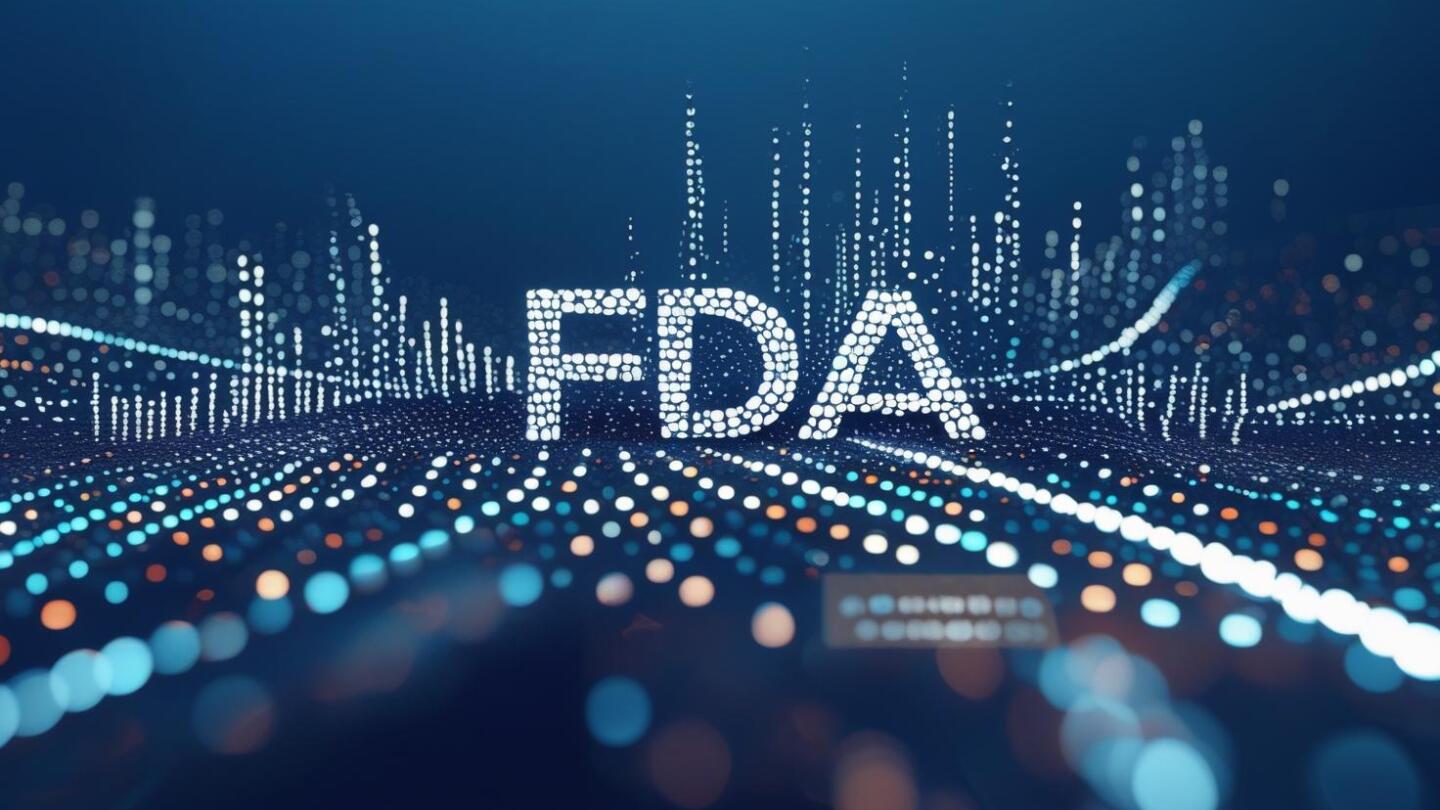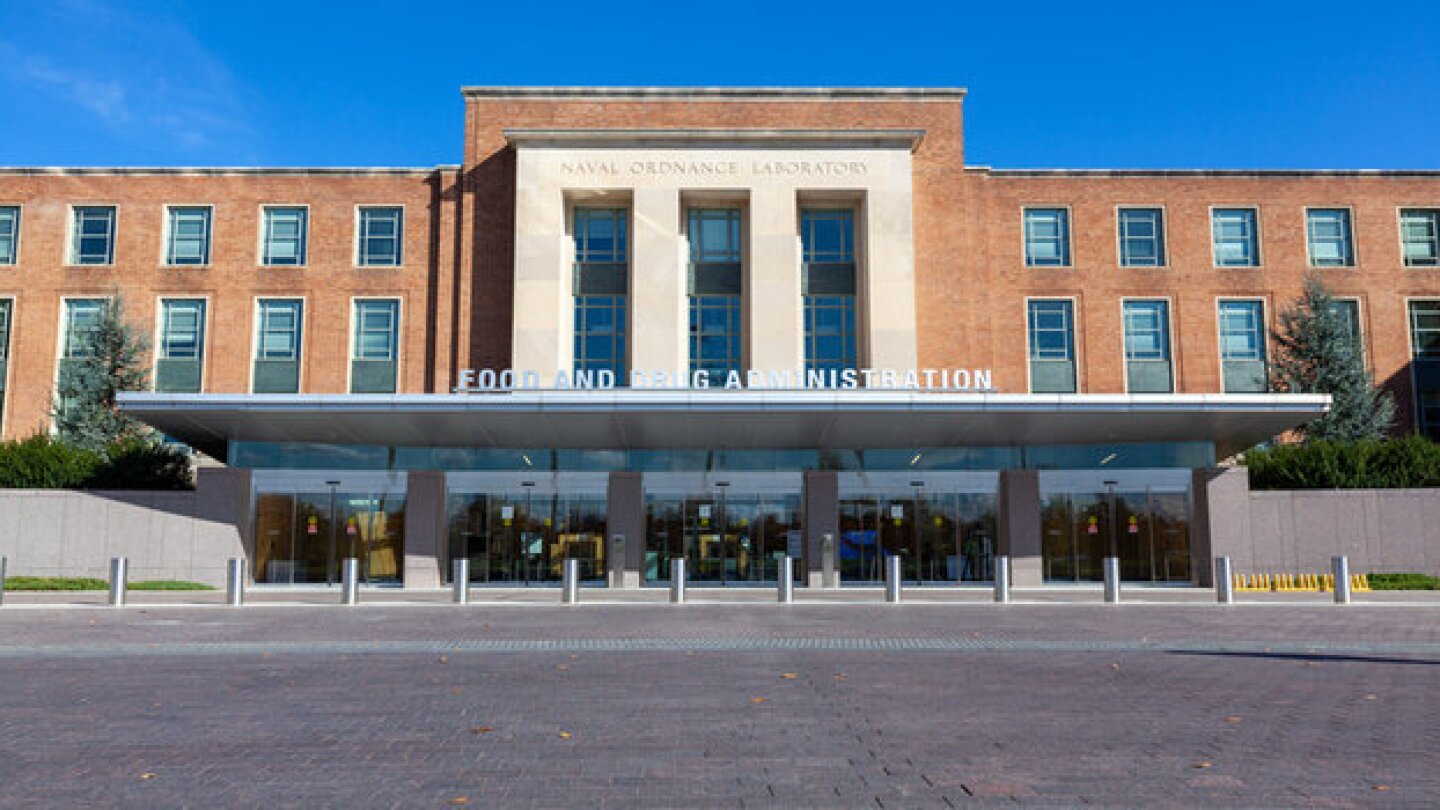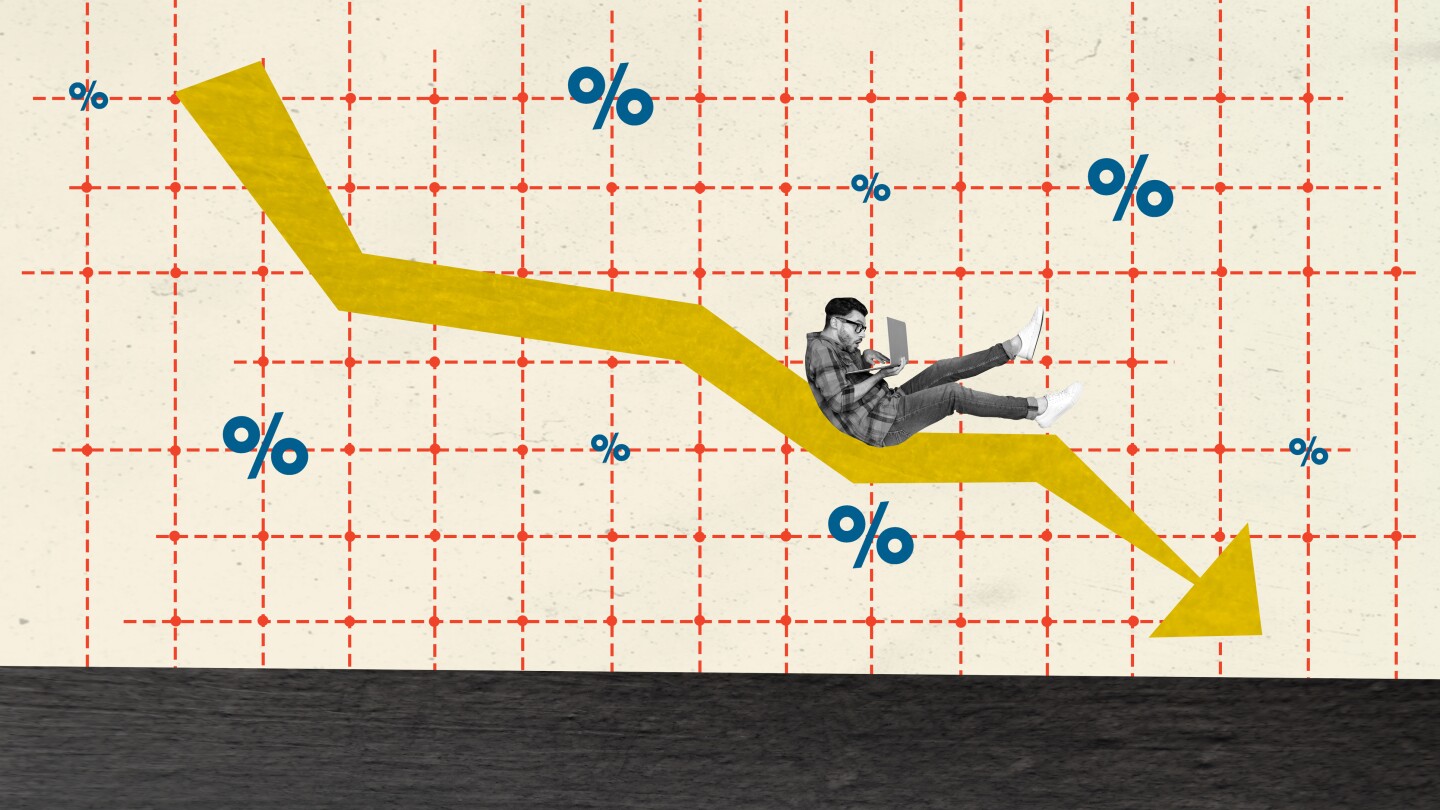News
Texas Attorney General Ken Paxton claims that through an alleged kickback scheme Eli Lilly “fraudulently sought to maximize profits at taxpayer expense.”
FEATURED STORIES
The explosion of GLP-1 weight loss drugs is reminiscent of the early days of PD-1 inhibitors, but key market differences suggest history may not repeat itself.
The ongoing conflicts between Ukraine and Russia, as well as Israel and Palestine, have sent ripples across various industries, including pharma. Medical science liaisons can help.
Mirador debuted last year with a massive $400 million and the goal of developing game-changing therapies for inflammatory and fibrotic diseases. The company aims to enter the clinic this year.
Job Trends
4D Molecular Therapeutics, Inc., a leading clinical-stage genetic medicines company focused on unlocking the full potential of genetic medicines to treat large market diseases, announced that it has commenced an underwritten public offering of $250.0 million of shares of its common stock.
FROM OUR EDITORS
Read our takes on the biggest stories happening in the industry.
Unpredictable communication and a lack of transparency are eroding the industry’s and the public’s trust. The FDA, experts agree, needs to take control of the narrative.
THE LATEST
The FDA’s clunky launch of Elsa, an AI tool to increase efficiency, has sparked concern from agency employees and outside experts.
Changing how biopharmas package their products, how regulators review new drugs and how mutated genes are fixed could make ultrarare disease treatments possible.
The FDA delivered two notable approvals for RSV immunization, UroGen overcame a negative advisory committee vote to secure an approval in bladder cancer, and more key regulatory nods from the past month.
The high court found that members of a task force that determines what preventive drugs must be covered can be removed at will by HHS Secretary Robert F. Kennedy Jr.
The revamped and “more anti-vax skewed ACIP committee” at the CDC “has a bone to pick with mRNA vaccines,” according to Truist Securities analysts. Meanwhile, the FDA moves forward on having Pfizer/BioNTech and Moderna update labels for their COVID vaccines.
The FDA found that data from a single Phase II study were “insufficient” to justify an accelerated approval review for sevasemten in Becker muscular dystrophy.
Altimmune’s pemvidutide failed to significantly improve fibrosis in MASH patients in a Phase IIb study. The biotech crashed 53% in the aftermath of the readout.
Calico will leverage 9MW3811’s anti-inflammatory mechanism to advance its mission of addressing aging-related diseases.
While ALTO-203 missed its depression-related endpoints, improvements in EEG biomarkers, attention and wakefulness point to signals of drug activity, William Blair said, though the analysts pointed to other indications as potentially more promising for future development.
In the race to make the most tolerable obesity drug, there seems to be no clear winner—at least not according to analysts parsing the data presented at the American Diabetes Association annual meeting this week.

















